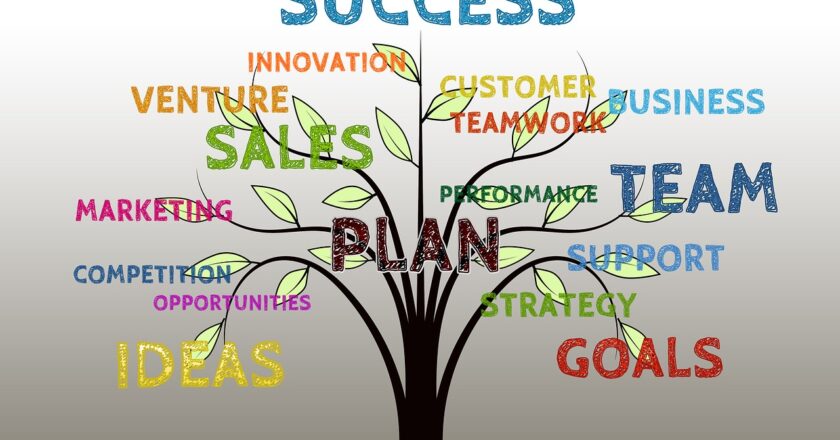Positive Economic Trends: Consumer Sentiment and Productivity Growth in 2025
As we move through the first quarter of 2025, there are encouraging signs in the U.S. economy, particularly in consumer sentiment and productivity growth. Despite some fluctuations, these indicators suggest a resilient and potentially expanding economy.Consumer sentiment has shown some volatility in recent months, but there are positive undercurrents worth noting:Personal finances have improved for five consecutive months, indicating growing financial stability for many AmericansBuying conditions for durable goods remain about 30% stronger than six months ago, suggesting consumer confidence in making larger purchasesExpectations for personal finances reached a new series high, according to The Conference Board's Consumer Confidence IndexOver half of consumers (52.9%) expect stock prices to...










